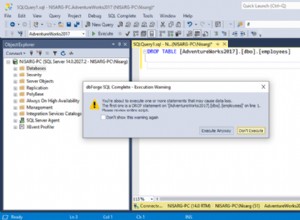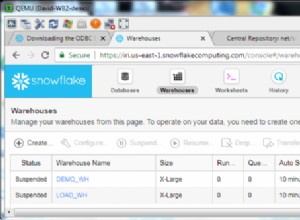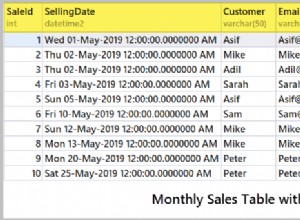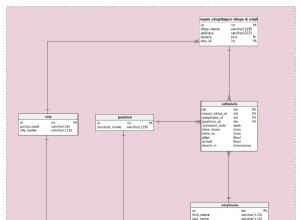Você deve abandonar o uso de junções implícitas (separadas por vírgulas) em favor de junções explícitas. No seu caso, as junções LEFT (externas) são apropriadas.
DROP TABLE IF EXISTS Hosts;
DROP TABLE IF EXISTS Items;
DROP TABLE IF EXISTS History_unit;
DROP TABLE IF EXISTS History_uint;
DROP TABLE IF EXISTS History_log;
CREATE TABLE Hosts(host VARCHAR(20), hostid INT);
CREATE TABLE Items(hostid INT, itemid INT, name VARCHAR(20));
CREATE TABLE History_uint(itemid INT, value INT);
CREATE TABLE History_log(itemid INT, value INT);
INSERT INTO HOSTS VALUES ('HOST1',1),('HOST2',2);
INSERT INTO ITEMS VALUES
(1,1,'RP_Dayend_OK'),
(1,2,'RP_Sync_OK'),
(1,3,'RP_Monthend_OK'),
(1,4,'RP_Version' ),
(2,1,'RP_Dayend_OK'),
(2,2,'RP_Sync_OK'),
(2,2,'RP_cron')
;
INSERT INTO HISTORY_uint VALUES
(1,10),(2,10),(3,10),(4,10),
(1,50),(3,60);
INSERT INTO HISTORY_log VALUES
(1,10),(2,10),(3,10),(4,10)
;
SELECT hosts.host,
max((case when items.name='RP_Dayend_OK' then history_uint.value end) *1000) as 'Day End',
max((case when items.name='RP_Sync_OK' then history_uint.value end) *1000) as 'Sync',
max((case when items.name='RP_Monthend_OK' then history_uint.value end) *1000) as 'Month End',
max(case when items.name='RP_Version' then history_uint.value end) as 'Version',
max(case when items.name='RP_Cron' then history_log.value end) as 'cron'
from hosts
left join items on items.hostid = hosts.hostid
left join history_uint on history_uint.itemid = items.itemid
left join history_log on history_log.itemid = items.itemid
where items.name like '%RP\_%'
group by hosts.host;
+-------+---------+-------+-----------+---------+------+
| host | Day End | Sync | Month End | Version | cron |
+-------+---------+-------+-----------+---------+------+
| HOST1 | 50000 | 10000 | 60000 | 10 | NULL |
| HOST2 | 50000 | 10000 | NULL | NULL | 10 |
+-------+---------+-------+-----------+---------+------+
2 rows in set (0.00 sec)
Observe que geralmente é melhor se o OP fornecer os dados.




